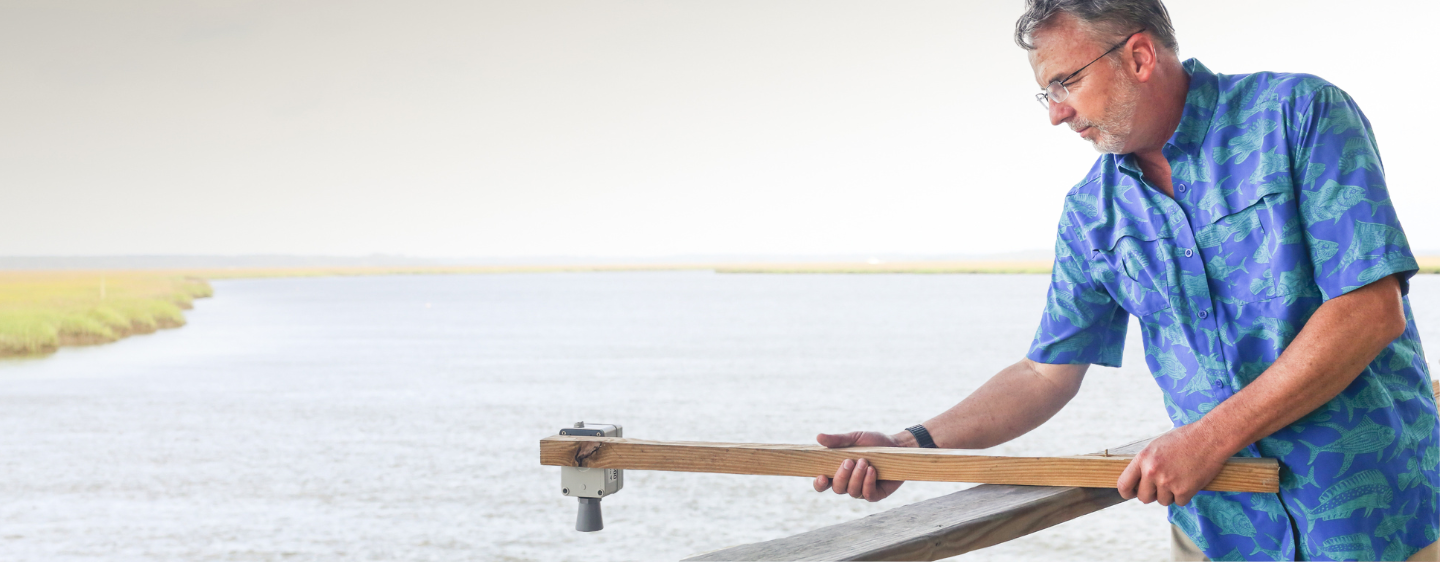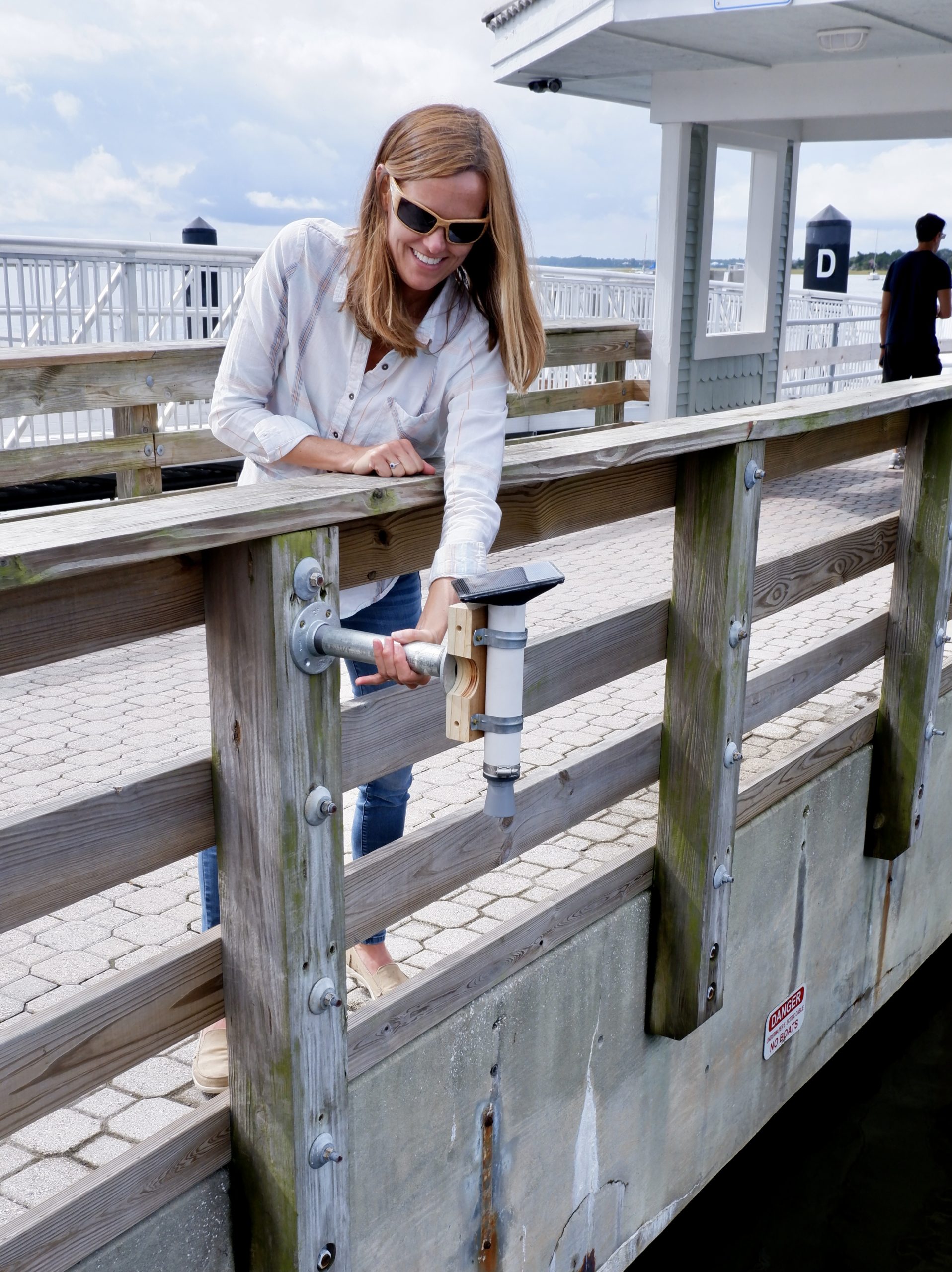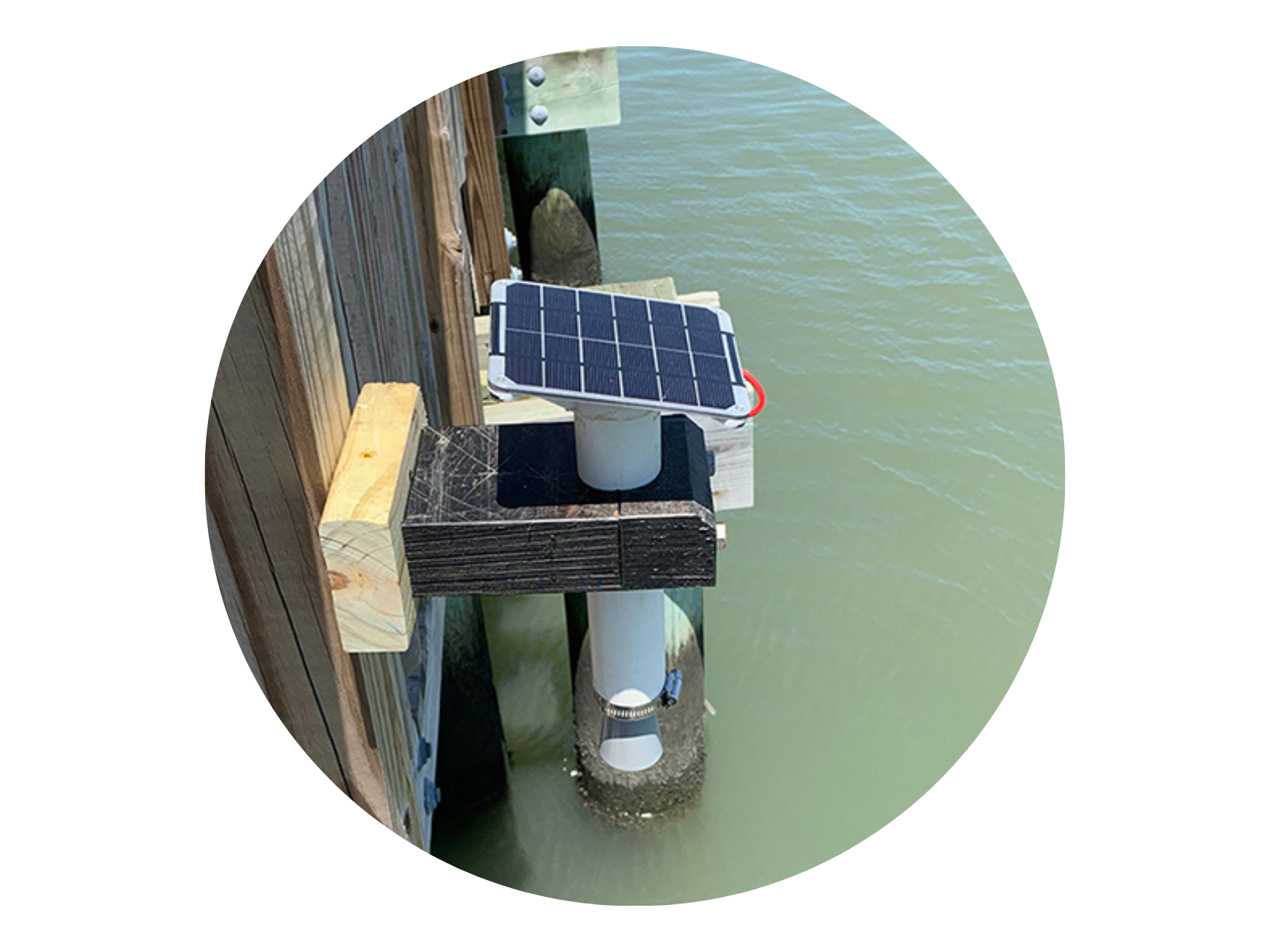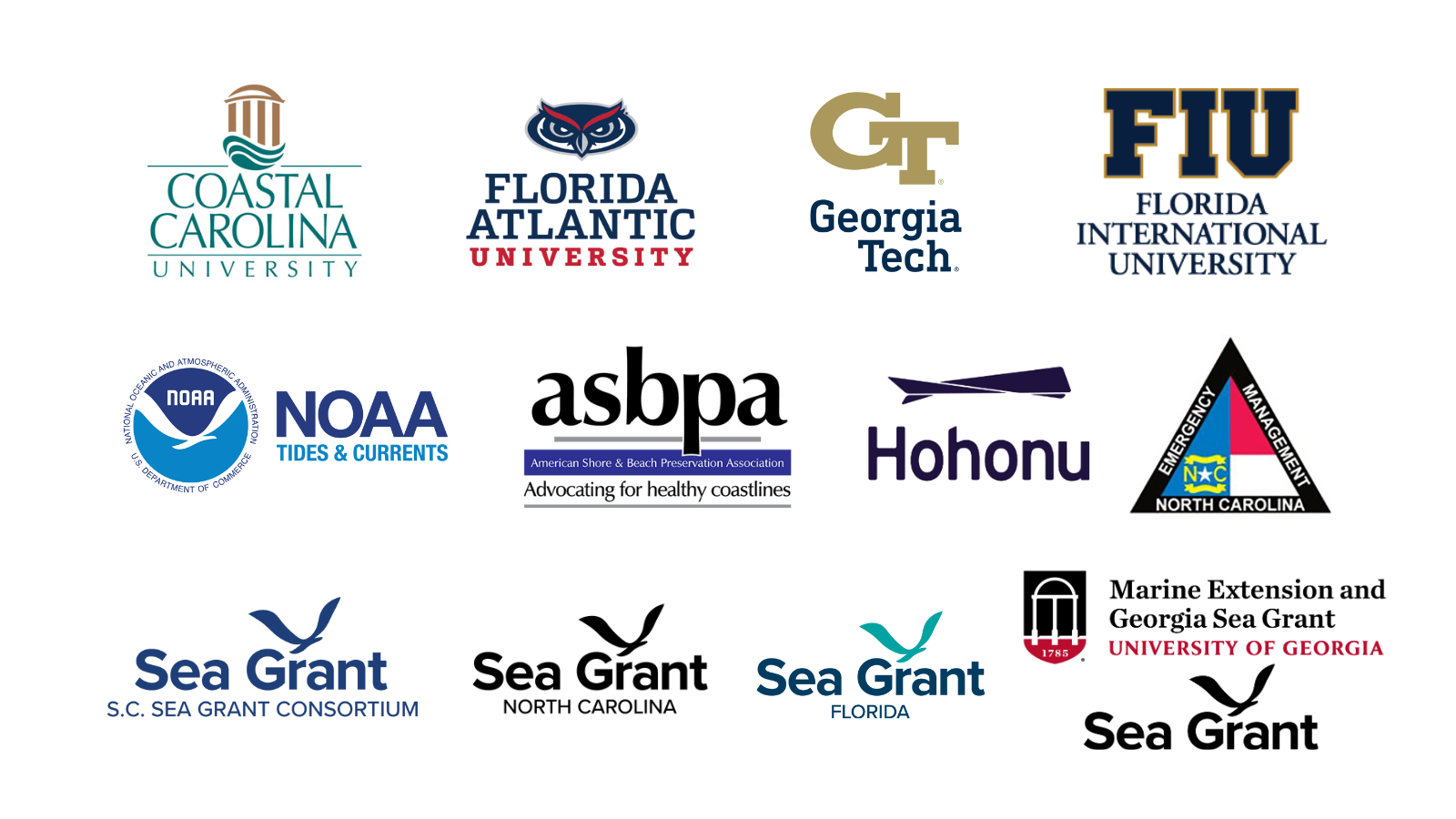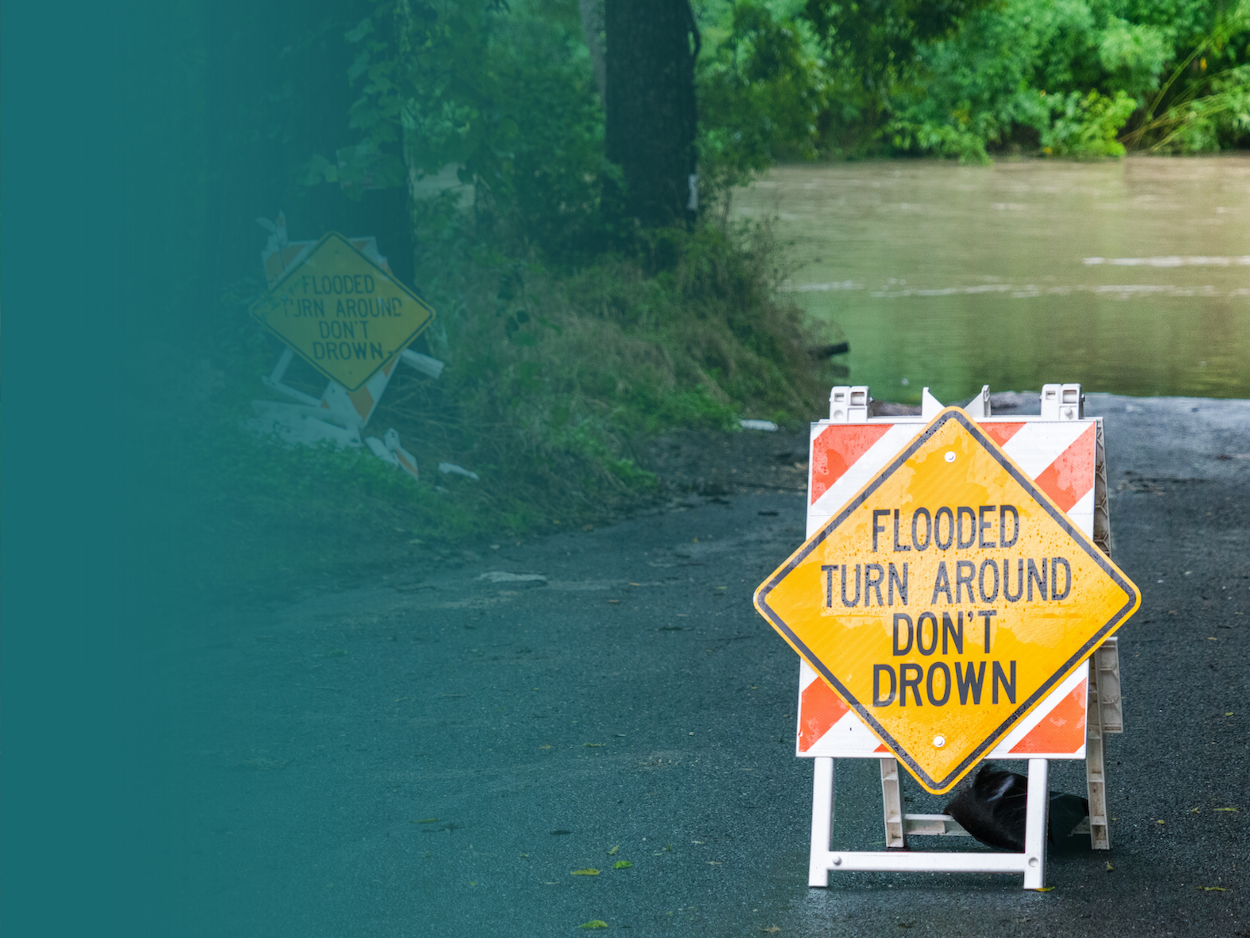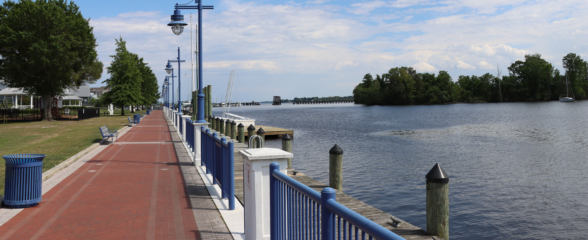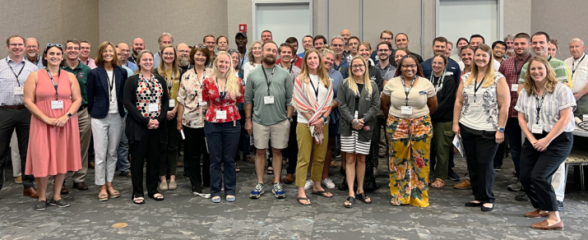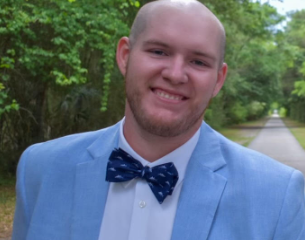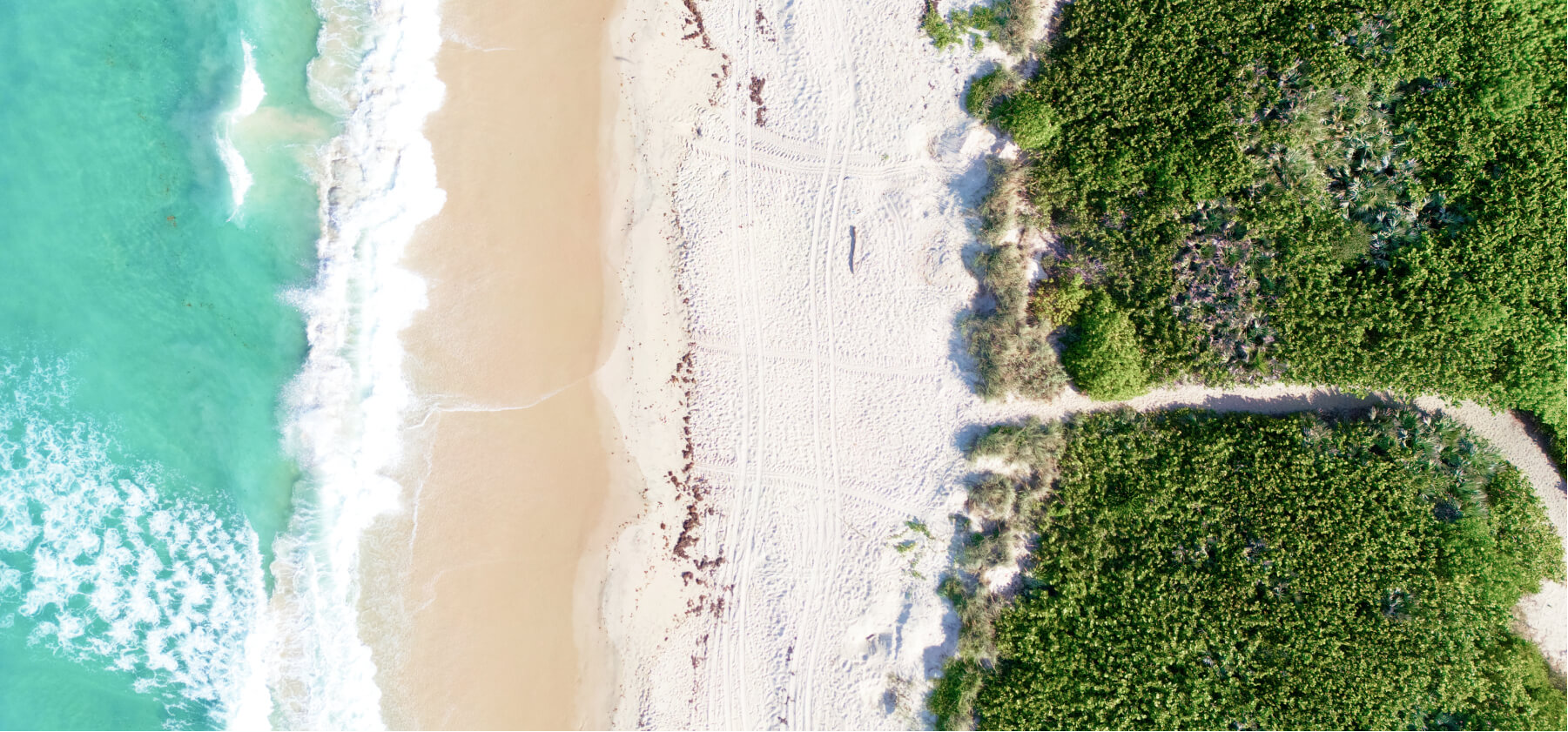Community
Observing
Are you a member of a coastal community that experiences flooding? Does flooding impede your ability to travel around your town? Communities can partner with the Southeast Water Level Network to install a water level sensor in their chosen location and receive the data personalized for their needs. Email us: communications@secoora.org
